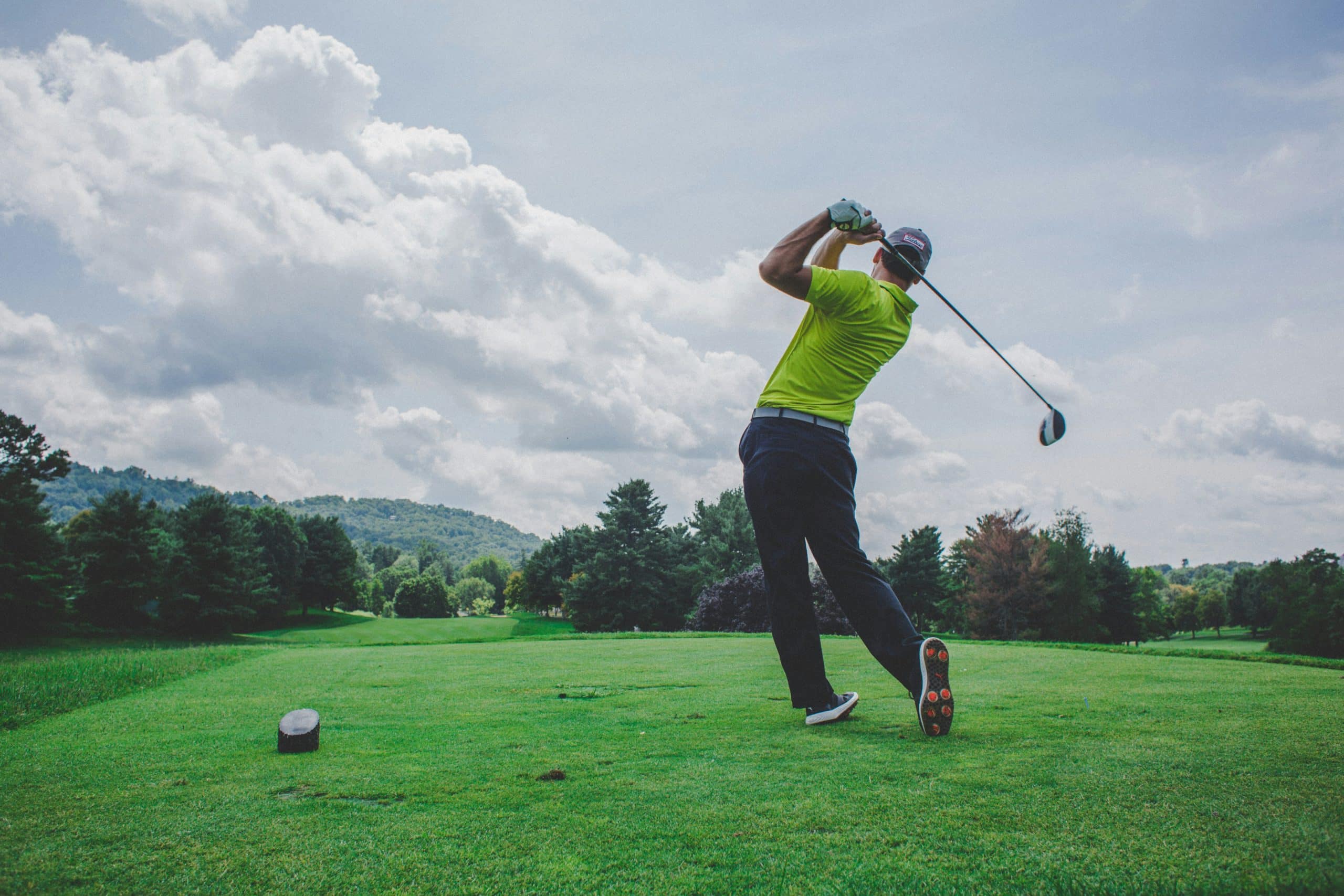How Can Mindfulness and Meditation Improve Performance in Precision Sports like Golf?

In the highly competitive world of sports, athletes are constantly seeking for ways to gain an edge and improve their performance. Recently, the power of the mind and its influence on athletic performance has been receiving increased attention. Researchers and sports professionals are turning to mindfulness and meditation as potential tools for enhancing athletes’ performance. This article will delve into how mindfulness and meditation can contribute to improving performance in precision sports like golf.
The Concept of Mindfulness and Meditation in Sports
Before we delve into the impact of mindfulness and meditation on sports performance, it’s important to understand these concepts and their relevance to sports training.
Dans le meme genre : What are effective strategies for the development of grassroots sports in rural areas?
Mindfulness, derived from Buddhist philosophy, has been defined by scholars as the practice of paying attention in a particular way: on purpose, in the present moment, and nonjudgmentally. This state of being fully present and engaged in the current moment is believed to have numerous benefits in various aspects of life, including sports.
Meditation, on the other hand, is a practice where an individual uses a technique – such as mindfulness, or focusing the mind on a particular object, thought, or activity – to train attention and awareness, and achieve a mentally clear and emotionally calm and stable state.
Lire également : What’s the Role of Sports in Promoting Social Inclusion Among Special Needs Populations?
In essence, mindfulness and meditation are about training the mind, just like athletes train their bodies. They are about developing focus, clarity, and mental resilience – qualities that are incredibly valuable in the world of sports.
The Role of Mindfulness and Meditation in Sports Performance
But how exactly can mindfulness and meditation improve sports performance? Let’s uncover the effects of these practices on athletes and their performance.
When it comes to sports, stress and anxiety are often the biggest enemies of performance. A study published on PubMed and PMC showed that athletes who practiced mindfulness and meditation exhibited lower levels of stress and anxiety compared to a control group. The ability to remain calm and composed under pressure is particularly crucial in precision sports like golf, where a single swing can make or break a game.
Furthermore, a Google scholar search reveals numerous studies highlighting the positive effects of mindfulness and meditation on concentration and focus. These practices train the brain to stay present and avoid distraction, a critical skill in precision sports. The slightest lapse in concentration can significantly affect an athlete’s performance.
Mindfulness, Meditation, and Precision Sports: A Case Study
It’s all very well discussing the theoretical benefits of mindfulness and meditation, but how do these practices translate into real-world performance? Let’s consider a case study.
A study published on CrossRef and identified by its DOI investigated the effects of a week-long mindfulness and meditation training program on the performance of competitive golfers. The results were impressive: the athletes who participated in the training showed significant improvements in their performance. They reported being better able to focus during the game and less affected by stress and pressure.
This study clearly demonstrates the potential of mindfulness and meditation as performance-enhancing tools in precision sports.
How Athletes Can Incorporate Mindfulness and Meditation into Their Training
Now that we have explored the potential benefits of mindfulness and meditation for sports performance, the question remains: how can athletes incorporate these practices into their training?
Athletes can start by setting aside a few minutes each day for mindfulness or meditation practice. This could involve sitting quietly and focusing on the breath, or practicing mindful awareness during everyday activities.
It’s also important to remember that mindfulness and meditation are skills that take time and practice to develop. Just like any other aspect of training, consistency is key. Athletes should not be discouraged if they don’t notice immediate improvements in their performance. Over time, with regular practice, the benefits of mindfulness and meditation will become apparent.
In conclusion, mindfulness and meditation represent promising tools for enhancing performance in precision sports. While more research is needed to fully understand their potential, existing studies and practical examples clearly demonstrate their value. Athletes and sports professionals would do well to consider incorporating these practices into their training routines.
The Benefits of Mindfulness and Meditation In Golf: A Deeper Dive
Having established the general benefits of mindfulness and meditation for sports, let’s delve deeper into their specific effects on precision sports, such as golf.
In golf, precision and focus are paramount. A golfer must not only execute each swing with perfect technique but also maintain a clear mental focus to navigate the intricacies of the course. Stress and anxiety can easily throw a golfer off their game. Mindfulness and meditation can play a crucial role in managing these mental hurdles.
A PubMed and PMC study illuminated the effects of mindfulness on stress reduction in athletes. The study showed that the athletes who regularly practiced mindfulness showed lower stress and anxiety levels than the control group. This is especially pertinent to golf, where the pressure can feel immense, and every swing counts.
Another great way mindfulness and meditation can help in sports like golf is by improving focus. A Google scholar search reveals that mindfulness training can enhance concentration. Precision sports require a high level of focus, and the slightest lapse can drastically alter performance.
Mindfulness practice cultivates an ability to stay in the present moment, sidestepping potential distractions. This can help golfers maintain their focus throughout their game, potentially improving their performance.
Incorporating Mindfulness and Meditation into Golf Training
Implementing mindfulness and meditation into sports training may seem daunting. However, it can be simpler than it appears. Let’s explore how athletes can incorporate these practices into their training.
One way to integrate mindfulness is to dedicate a few minutes each day to practice. This could mean sitting quietly, focusing on the breath, or being mindful during daily activities.
It’s essential to recognize that developing mindfulness skills is akin to any other form of training. It requires time, patience, and consistency. Athletes should not expect instant improvement in their performance but should rather view this as a long-term investment in their mental resilience.
Research such as the study found on CrossRef and identified by its DOI provides substantial evidence for the benefits of mindfulness in precision sports. This mindfulness intervention involved a week-long training program for competitive golfers, resulting in significant performance improvements. Participants reported increased focus during games and lowered stress levels.
It’s evident that incorporating mindfulness and meditation into an athlete’s routine can be a game-changer, particularly in precision sports like golf.
In summary, mindfulness and meditation offer significant potential for enhancing performance in precision sports. While more research is needed to entirely understand their effects, current studies and practical examples demonstrate their value convincingly. Athletes and sports professionals should seriously consider integrating these practices into their training regimens to reap the potential benefits. The power of the mind is an untapped resource in sports performance, and mindfulness and meditation may just be the key to unlocking it.
